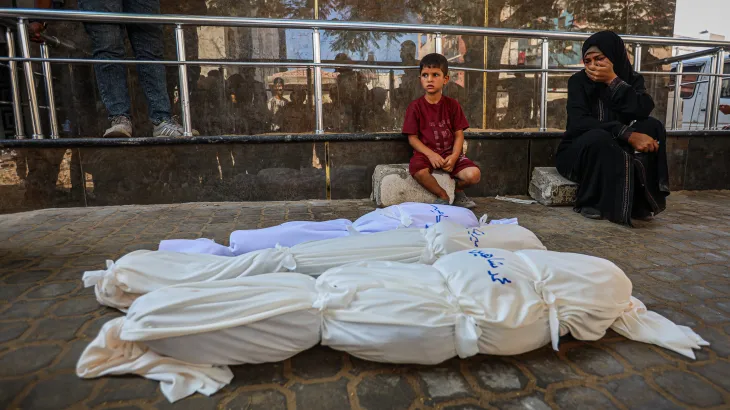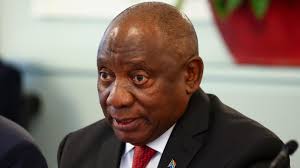Fresh anti-government protests have erupted across Madagascar, with thousands of mostly young people taking to the streets to demand that President Andry Rajoelina step down.
The demonstrations, which began on September 25 over widespread mismanagement, corruption, and power and water shortages, have now grown into a national movement.
On Thursday, large crowds marched in Antsiranana, Toliara, Mahajanga, and Sambava, carrying banners that read “Rajoelina, Miala” (“Rajoelina, leave”). In Toliara, protesters even carried a mock coffin to symbolically “bury” the president.
In the capital Antananarivo, the youth-led “Gen Z” movement declared a 24-hour “strategic break” to allow demonstrators to recover after a week of continuous protests.
Earlier this week, Rajoelina dismissed his entire cabinet and promised to appoint a new prime minister, hoping to calm tensions. But calls for him to resign have only intensified.
The unrest has turned deadly. According to the UN, at least 22 people have been killed and hundreds injured following clashes and looting. Authorities, however, deny these figures.
Rights groups have accused security forces of using “excessive and unlawful force” against peaceful protesters. Amnesty International has urged the government to investigate the killings and release arrested demonstrators.
For the first time, opposition leaders—including Siteny Randrianasoloniaiko and former president Marc Ravalomanana—issued a joint statement backing the protests. More than 200 NGOs have also called for an end to repression.
On Thursday, six embassies, including those of France, Germany, Japan, and the UK, alongside the EU delegation, urged all parties to embrace dialogue and respect the right to peaceful assembly.
Even Pope Leo XIV expressed sadness at the violence, calling for peace.
President Rajoelina, now 51, first rose to power through a 2009 coup before returning to office via elections in 2018 and again in 2023, polls boycotted by the opposition.
Despite Madagascar’s wealth in natural resources, the nation of 32 million remains one of the poorest in the world. According to the World Bank, nearly 75% of the population lived below the poverty line in 2022, while corruption remains widespread.
The ongoing protests reflect deep frustration among young people who say they want a better future free from corruption and poor governance.
“We are ready to change the history of Madagascar,” a Gen Z protest leader said in a viral video.



